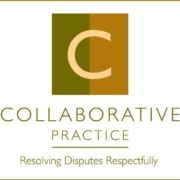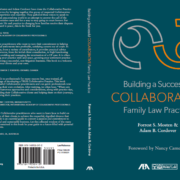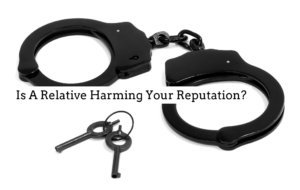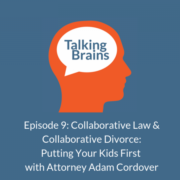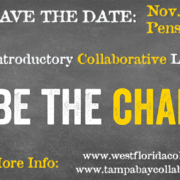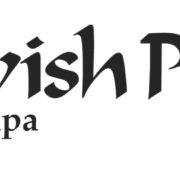We lawyers love paper. Look at any lawyer’s desk and you will likely see reams and reams of paper, many of which require notarization.
But, more and more, this is becoming a paperless world. In fact, courts and clerks of court have recognized this reality with the advent of Florida’s e-filing portal. In this way, paper documents that used to be required to be couriered or mailed to a court can now be submitted electronically.
Yet, notarization still tends to be done with paper copies, with a party having to appear in person in front of a notary public.
This will all change with the enactment of Florida HB 409 which provides for Registration and Authority for Online Notarization. Below is a summary analysis of the bill from the House of Representatives:
Summary Analysis
CS/CS/HB 409 passed the House on April 24, 2019, and subsequently passed the Senate on May 2, 2019.
Certain documents require a notary public’s presence and signature. Current law prohibits a notary from notarizing a signature if the party executing the document is not in the notary’s physical presence at the time of signature.
A will is a legal document used to designate the distribution of a person’s assets upon death. To be valid, a will must follow certain formalities with respect to its creation, execution, preservation, revocation, and filing. A will must be signed:
By the testator, who is the person making the will; and
In the presence of two witnesses, one of which must testify to the authenticity of the will, unless the will is self-proved.
The bill authorizes remote notarization and the use of an electronic will. Specifically, the bill provides:
Definitions for online notarization and the required technology;
Procedures, standards, and requirements for online notarization;
Registration requirements for online notaries;
A certificate to be used by online notaries;
Standards for supervising the witnessing of electronic records; and
The bill also authorizes the use of an electronic will. An electronic will is executed, modified, and revoked in a similar manner as a paper will under current law. The bill provides a means for self-proving, storing, and filing an electronic will. The bill creates a “qualified custodian” who is responsible for possessing and controlling the electronic will.
The bill may have an indeterminate, though likely insignificant fiscal impact on state government expenditures.
The bill was approved by the Governor on June 7, 2019, ch. 2019-71, L.O.F., and will become effective on
January 1, 2020, except as otherwise provided.
So, beginning on January 1, 2020, notaries may begin offering online notarization with a party needing to be physically present in front of him or her. In fact, the party does not even need to be located in the State of Florida so long as the notary is located in the state.
Keep in mind that the notary will need to utilize specialized platforms, and the party will need to have access to audio and visual equipment. Additionally, the law requires the notary to hold a minimum bond. Accordingly, not every notary will offer online notarization, but access to online notaries should be relatively easy.
Effect on Divorce and Family Law
In the divorce and family law arena, there are many documents that get notarized, which may include the following (depending on your matter):
- Petition;
- Answer;
- Uniform Child Custody Jurisdiction and Enforcement Act (UCCJEA) Affidavit;
- Financial Affidavit;
- Certificate of Compliance with Mandatory Disclosure;
- Notice of Social Security Number;
- Waiver;
- Parenting Plan; and
- Marital Settlement Agreement.
When you are in the middle of something as emotionally draining as a divorce, adoption, or paternity matter, you may not have the energy to come to an attorney’s office or go to a bank or other provider and get these items notarized in person.
Accordingly, beginning January 1, 2020, your life will be made a little easier with the option of online notarization.
Adam B. Cordover is a collaborative attorney, mediator, and trainer. Adam is also co-author of Building A Successful Collaborative Family Law Practice (ABA 2018).
 International Academy of Collaborative Professionals
International Academy of Collaborative Professionals
